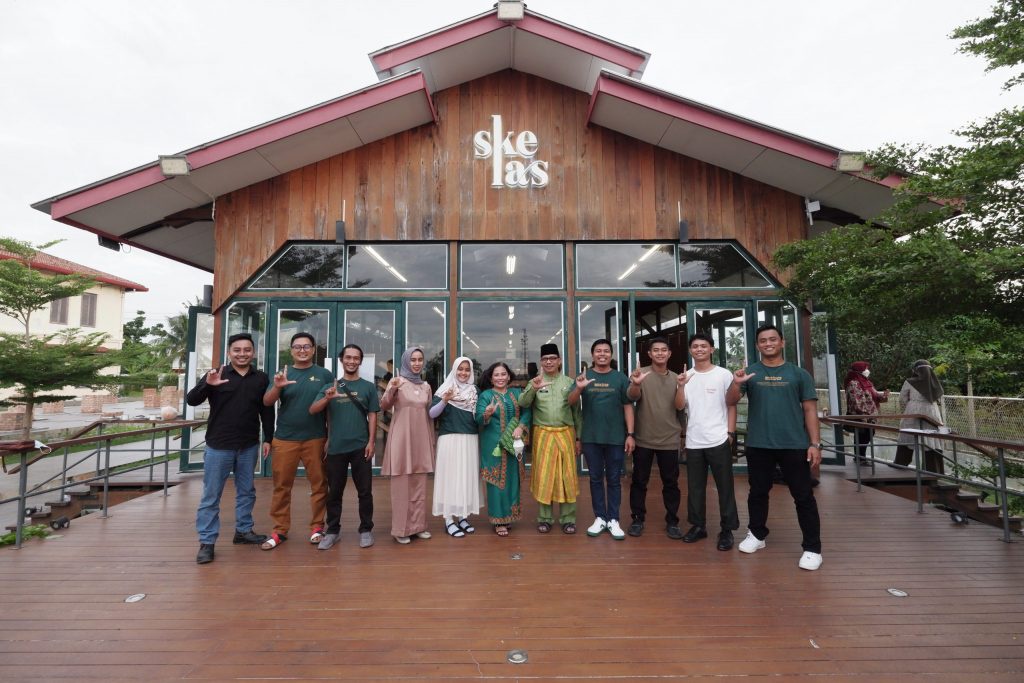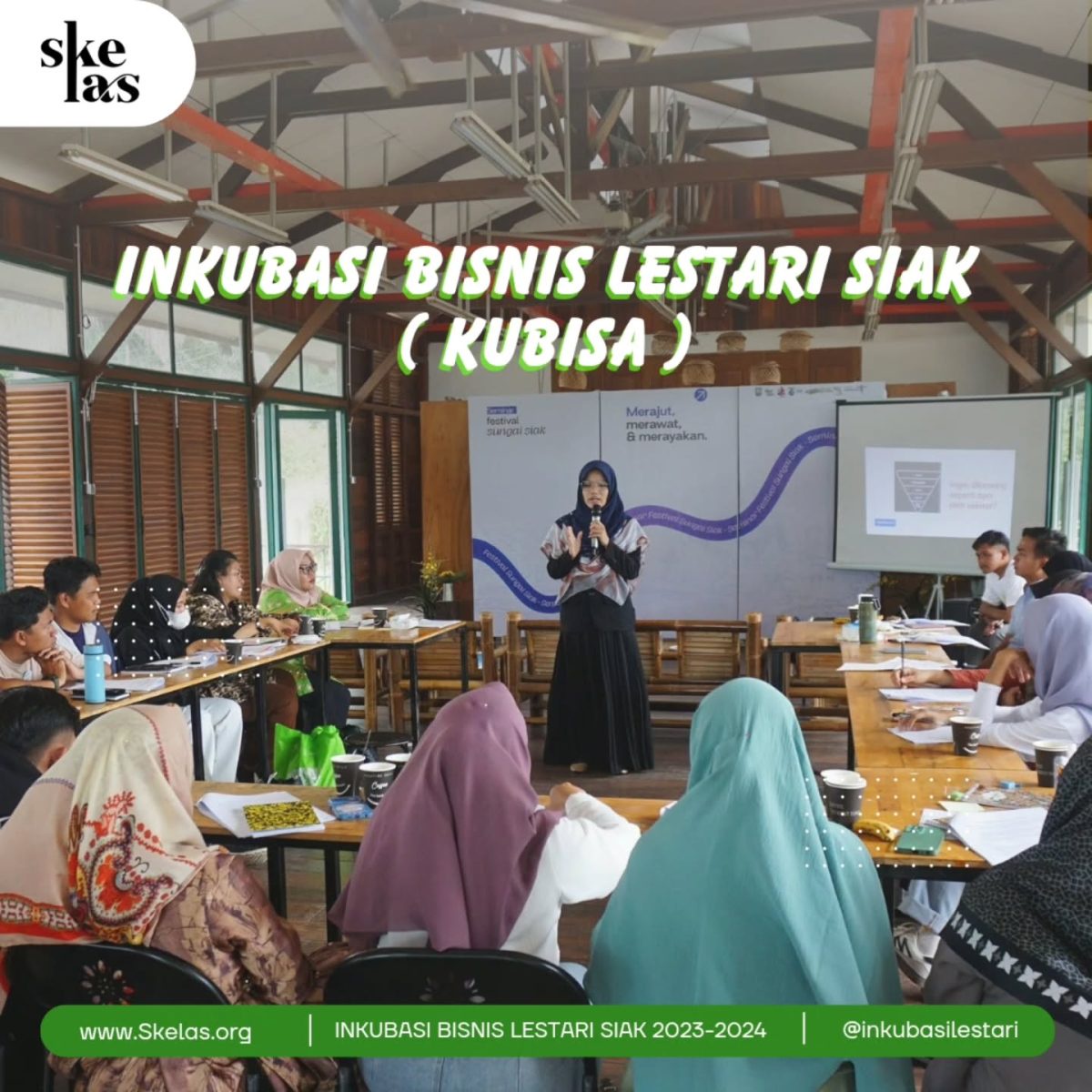However, developing a sustainable MSME ecosystem is still a major challenge in Southeast Asia. One challenge is how to make the MSMEs become sustainable especially in facing the challenges and navigating the landscape.
One such example in Thailand is the development of Sang Ga Dee Space, a community-driven initiative that aims to create a sustainable, inclusive, and compassionate environment for the local Thai community and Burmese migrants. Founded by Prangthong "Roong" Tiengkate, a pharmacy graduate, with her mother, Nussara Tiengkate, the space aims to combine sustainability, cultural preservation and responsible practices.
Intergenerational empowerment to boost local businesses
In Indonesia, there is a similar approach to Sang Ga Dee Space. The Siak Sustainable Creative Center (Skelas) through its incubation program, Siak Sustainable Business Incubation (Kubisa), offers innovative and sustainable solutions in the Siak area, Riau, which is known to have great local economic potential, one of which is by building intergenerational collaboration.
Since its inception in 2023, the Kubisa program has involved young people from Skelas to support the development of MSMEs. The program trains business owners, who are often their seniors, on how to create designs with Canva, implement digital marketing strategies, and create product innovations that meet market needs. Kubisa also ensures that each product is tested in the laboratory to ensure its quality before being marketed.
One of those innovations is the sustainability aspect of the product. Skelas and Kubisa emphasize using locally grown products and working with local farmers to ensure that the products have a low environmental impact and empower the participants and the surrounding communities in Siak.
Enthusiasm for this program continues to increase. In 2024, the number of registrants has almost tripled, from 23 to 62 people. After going through the selection, 20 participants, consisting of 17 culinary entrepreneurs and 3 from the fashion sector, were selected. Six young participants were actively involved in this training, playing a major role in helping other participants understand the material more effectively.
"I feel helped by participating in the Kubisa program, through this program I not only get practical solutions to produce my creations but also assistance in marketing and packaging the products," said Santi Lestari, owner of Dapur Mempura, one of the MSMEs that created the gluten-free Bolu Kemojo pre-mix flour and Kubisa participant of 2023.
Most of the participants have now used digital platforms to market their products, assisted by promotional materials they developed during the training. By combining the expertise of the younger generation in technology and the experience of the senior generation in management and business networks, MSMEs are able to overcome challenges such as digital transformation, market adaptation, and resource management.
Capacity and capital enhancement for business actors
In addition to increasing the capacity of business actors, Skelas also connects them with investors and governments at the local and regional level to support business development. One form of this collaboration is the implementation of Demo Day and business matching for MSME actors, especially in the fashion and culinary sectors.
Skelas also collaborates with the national charity platform, to provide funding of IDR 60 million to 12 selected Kubisa participants. This funding is used for training and developing their businesses, as well as several production tools that have been ordered. The selection process emphasizes participants who have incomes below IDR 5 million. With support from various government institutions and investors, the Kubisa program increasingly provides great opportunities for MSMEs to develop and reach a larger scale.
"We are optimistic that the collaborations that have happened in Siak, either intergeneration or between the public and private sector, can become a catalyst for a broader restorative economy activity in the regions. By growing businesses that are based on local wisdom, we can be assured that we are making an impact not only in the economy but also in the environment sectors," said Cerli Febri, from Skelas
Source: PRecious Communications

